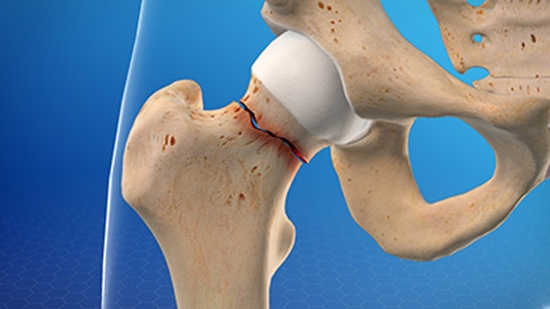The process of hip fracture management before and during the COVID-19 pandemic in Iran
The COVID-19 pandemic affected the control of many chronic conditions, including hip fractures, worldwide. This study was to examine the impact of the COVID-19 pandemic on the management of hip fractures in a referral orthopedic hospital in Iran. By understanding how the pandemic has influenced the care of hip fracture patients, we can gain valuable insights into the challenges, adaptations, and potential improvements in orthopedic healthcare during such public health crises.

Methods: Data was collected on hip fracture patients aged 50 and above who were admitted to the hospital before
and during the pandemic. The number of admissions and operations, length of hospital stay, and time from admission
to surgery were recorded from the hospital information system (HIS) and compared between the two periods.
Results: The median number of admitted hip fracture patients per month increased slightly during the pandemic
(11%), although this increase was not statistically significant (p = 0.124). After adjusting for potential confounders,
the mean length of hospital stay was significantly lower during the pandemic period, indicating that patients were
discharged sooner (p = 0.019) and the time from admission to surgery was shorter during the pandemic (p = 0.004).
Although the increase in the number of hip fracture surgeries per month during the pandemic was not statistically
significant (P = 0.132), a higher percentage of patients underwent surgery during the pandemic compared to before
(84.8% VS. 79.4%).
Conclusion: The study suggests that the COVID-19 pandemic did not have a negative impact on hip fracture
management in the investigated orthopedic hospital in Iran. further research is needed to explore the effects of the
pandemic on other aspects of healthcare services, particularly in general hospitals.





ارسال به دوستان